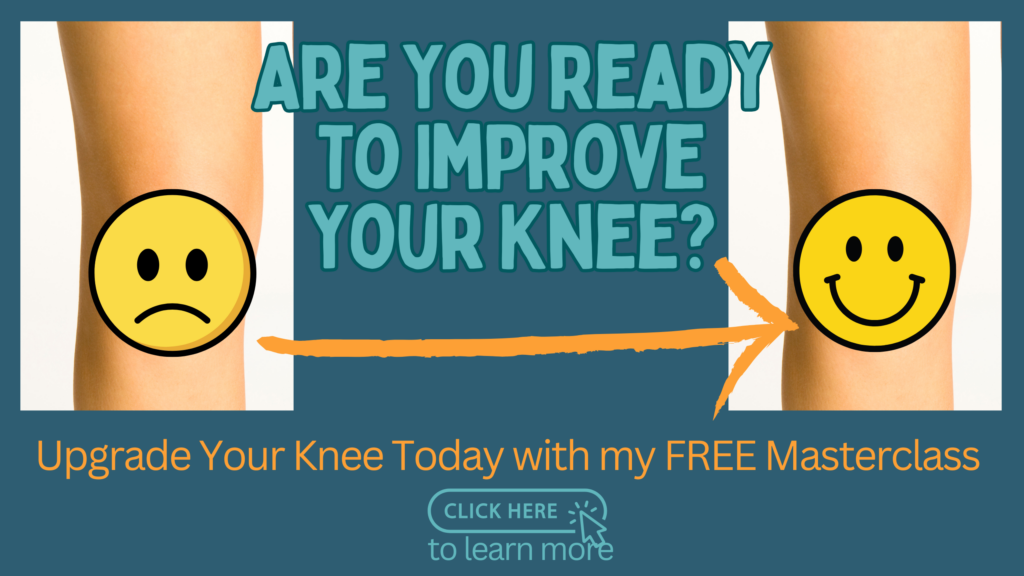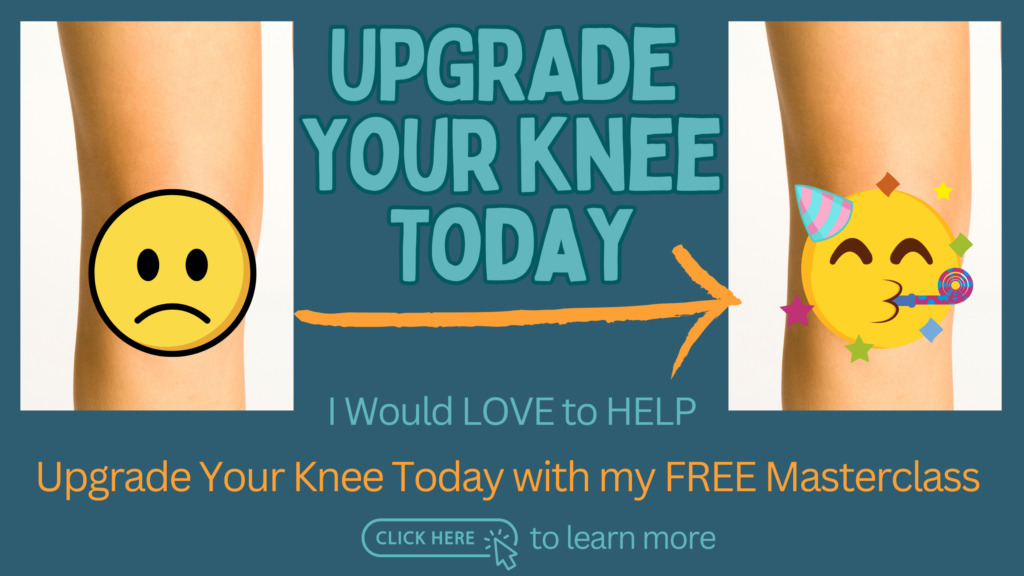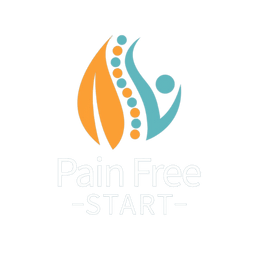Introduction
Living with arthritis poses unique challenges, especially when it comes to mobility. One common dilemma individuals face is choosing between a cane or crutches for knee support. I get asked this a lot, and the benefits of using one are obvious. In this blog, we’ll explore the advantages of each option to help you make an informed decision tailored to your needs.
Reducing Pressure on the Knee
Arthritis can take a toll on knee joints, causing pain and limiting movement. To alleviate discomfort, many turn to assistive devices like canes and crutches. The primary goal of these is to reduce pressure and offload the knee, which in turn reduces pain, improves function, and allows for greater mobility. They also provide a significant confidence boost when walking.
The Cane Advantage
Research suggests that canes are effective in providing targeted support for arthritic knees. A study published in the Journal of Arthritis Care & Research found that using a cane resulted in decreased joint loading and increased function in patients with knee osteoarthritis. Canes are particularly beneficial for individuals with mild to moderate arthritis, offering a simple and versatile solution.
Considerations for Canes:
- Canes are user-friendly and easier to adapt to.
- Ideal for individuals with mild to moderate arthritis.
- Provide stability and help shift weight off the affected knee.
I have a video showing you the best way to use and measure the height of a cane if you need assistance: How to Use and Measure a Cane.
Crutches for Comprehensive Support
For those with more severe arthritis or limited weight-bearing capacity, crutches can be a viable option. A survey conducted by the Arthritis Foundation revealed that 68% of respondents reported improved mobility and reduced pain when using crutches for knee arthritis. However, crutches require better upper body strength and coordination, making them better suited for certain individuals.
Considerations for Crutches:
- Offer comprehensive support for severe arthritis.
- Requires better upper body strength and coordination.
- Effectively limit weight-bearing on the affected knee.
I have a video showing you the best way to use and measure the height of crutches if you need assistance: How to Use and Measure a Crutch.

Making the Right Choice for You
Choosing between a cane and crutches depends on several factors, including the severity of your arthritis, your strength, and your lifestyle. Consulting with a healthcare professional is crucial to receive personalised advice. They can assess your specific condition and recommend the most suitable option for your needs.
You could also chat with friends—what do they use? Give both a try; sometimes, one will just feel better than the other.
Upgrade Your Arthritic Knee
Canes and crutches can provide support, but they don’t actively improve arthritis. The good news? There are steps you can take to strengthen and protect your knee.
Don’t just put up with pain! I have been helping people improve and manage their arthritic knees since 2001, and I’m always amazed by the transformations I see in my clinic. To help more people achieve amazing results, I now offer an Online Arthritic Knee Program—designed to be done at home, incorporating all the exercises, advice, hints, and tips I share with my patients. If you’re ready to take action and transform your knee, I’d love to help!
TOP TIP – Enrol for FREE on my Arthritic Knee Masterclass. Where I share exercises to begin strengthening and show you how to avoid and settle down flare-ups. This is a great first step for those of you keen to improve your knee. Click to learn more or enrol for FREE.
Conclusion
In the cane vs. crutches debate for arthritic knees, there’s no one-size-fits-all answer. The decision should be based on your specific condition and preferences. Both canes and crutches have proven benefits, supported by research and clinical experience. Hopefully, now you have a better idea of which would be best for you.
Remember to consult with your healthcare provider for personalised guidance. We all need a little assistance sometimes, so find a walking aid that suits you and get out there.
Take care, Helen
Helen Manders BSc (Hons) MCSP HCPC
Chartered Physiotherapist Treating Arthritic Knees Since 2001




